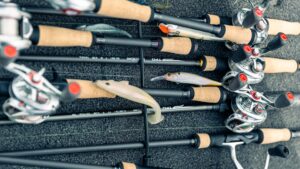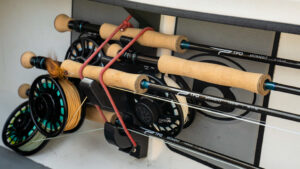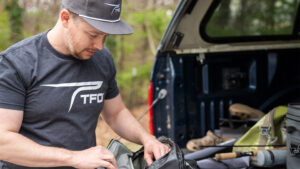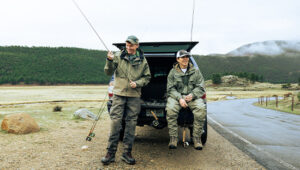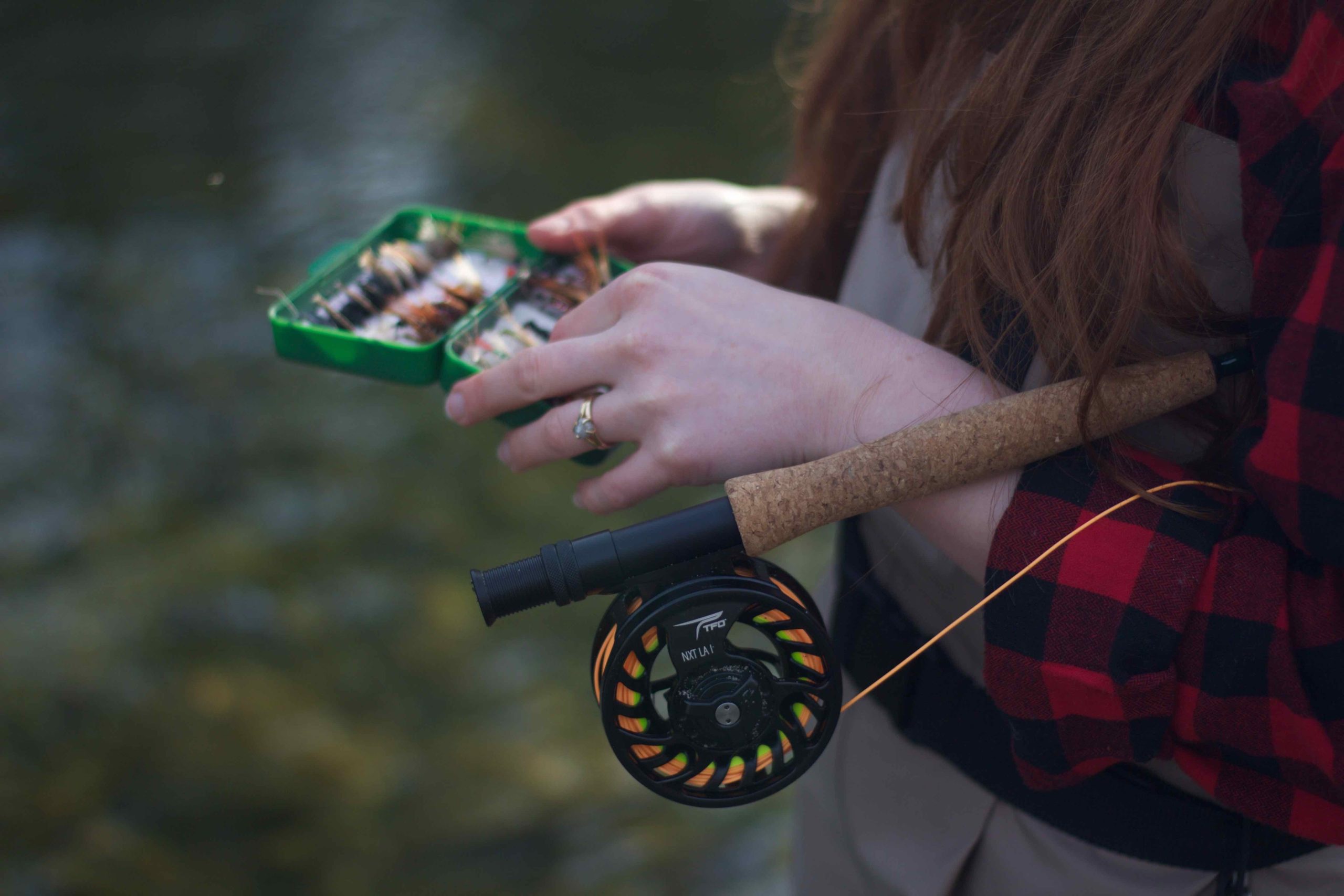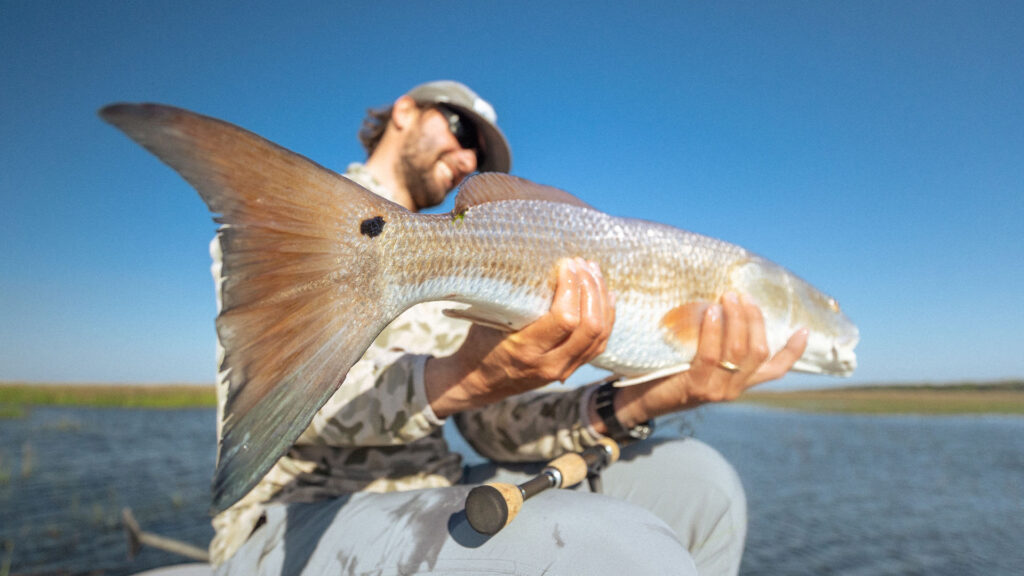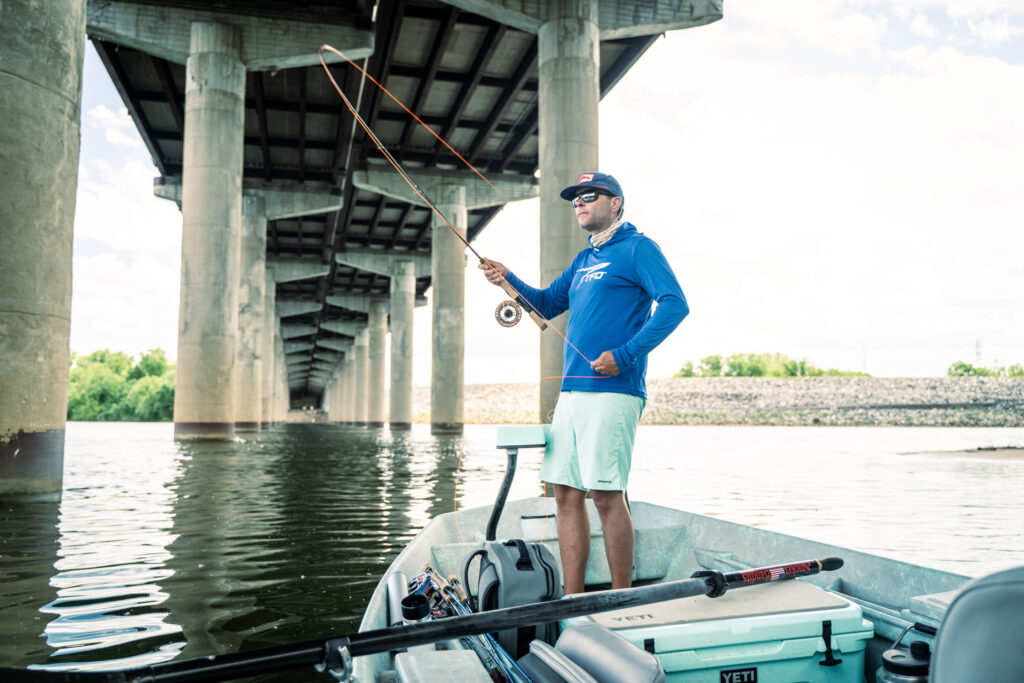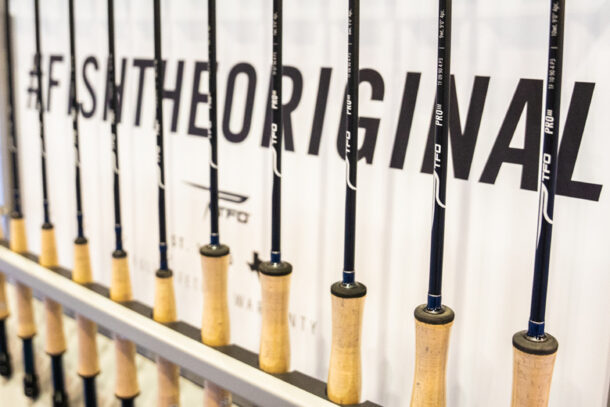Welcome to part one of TFO’s fly fishing for beginners. Starting today, our series will be divided into five weekly segments — an introduction followed by singular posts on rods, reels, lines/leaders and casting.
Let’s be honest. Fly Fishing, at least at its advanced levels, is not easy. It can be difficult for the beginner, but it doesn’t have to be. You can fish for tailing bonefish and permit on the gin-clear flats of the Bahamas, or, you can try your hand at bluegill on a farm pond with nothing more than a simple out-of-the box setup and a fistful of poppers.
The choice is entirely up to the angler.
A few thoughts on how the beginner can streamline the process:
Buy a Kit
When a beginner first goes into a fly shop, the array of lines, rods and leaders can be daunting. If you’re patient and persistent, you can go through the tedium of putting together a matching outfit. But why endure that stress?
Better yet, a buy a kit — with a rod, reel, line and leader already assembled. TFO has NXT kits (suggested retail: $199.95-$209.95), which are perfect for a youngster or adult beginner. You get a quality, affordable setup that’s ready to fish.
It’s a low-risk proposition. If you eventually fall in love with the sport, you can upgrade to a better rod and reel. On the other hand, if you simply want to dabble in fly fishing, the NXT kit will serve you well for years — and you won’t blow through a monthly mortgage payment, which is easily doable at your local fly shop.
Take a Class
Most fly shops offer classes. Mad River Outfitters in Columbus, Ohio offers outstanding instruction. Most shops offer free weekend casting lessons, and it’s worth your time to invest a few hours with a knowledgeable teacher.
Internet instruction is an option. The only problem with that approach is that the quality of the information varies. Some is good. Most of it is bad and there’s no gatekeeper to sort through the volume of misguided info.
The next best option is to buy a DVD from a reputable source. TFO’s Lefty Kreh and Ed Jaworowski teamed for The Complete Cast, which is a comprehensive look at fly casting. It’s a little advanced for the pure novice, but a good investment for the intermediate angler.
Hire a Guide
One of the hardest things about learning to fly fish is knowing where the fish are, when they’re going to be there and why. And then you have to be skilled enough to put the fly where it needs to be. A good guide can help you sort through the obstacles. And trust me, there will be plenty.
When I first started fly fishing 30-something years ago, I was immediately hooked. I went out and bought a handmade fly rod for $350, which translates to nearly $800 in today’s economic climate. And, I had no idea how to cast or how to find fish.
Sheer perseverance yielded a few trout, but fortunately I found a friend who was not only skilled but helpful. In retrospect, I should have spent less money on my first rod and invested in a guide. You, as a beginner, should do the same.
Set Realistic Expectations
I learned to fly fish on a spring creek. Of course, I was seduced by the visions of big brown trout sipping sulphurs at dusk. I eventually bagged my share of browns, but not before I honed my skills on a more forgiving species — the brook trout of the Blue Ridge Mountains. I should have simplified even further — with bass and bluegill on the local farm ponds. You don’t need a guide. You don’t need waders. If you can toss a popper a few feet, you have a good chance of landing a fish or two. From there, your confidence will grow — along with your skill level.
Enjoy the Journey
When I first started fishing, I used to take a few fish home, not because I was against catch-and-release — actually I was in favor of it —- but because I needed proof. I needed validation that I could actually catch something with a limber rod, a rubbery line and a tuft of fur and feathers. I’m not sure if I was insecure or trying to prove to my wife at the time that I was being productive. Beats doing yardwork, right?
As I’ve grown older, I no longer measure fishing or hunting success by empirical output. If I’m still learning, that’s good enough for me. Fly fishing offers infinite possibilities — saltwater, freshwater, big fish, little fish, stocked fish, wild fish. All can be sampled close to home or abroad. You can tie your own world-class flies ala TFO’s Blane Chocklett. You can row a drift boat or pole a skiff. Or you can simply fish from the bank.
That’s the beauty of fly fishing. It can be as simple or as complicated as you want it to be. The choice is yours.
Below is a video from Mad River Outfitters that provides additional insight on the simplicity of fly fishing. Additional thoughts or comments on how to make fly fishing more user-friendly for beginners? Feel free to comment on one of our social media pages.
